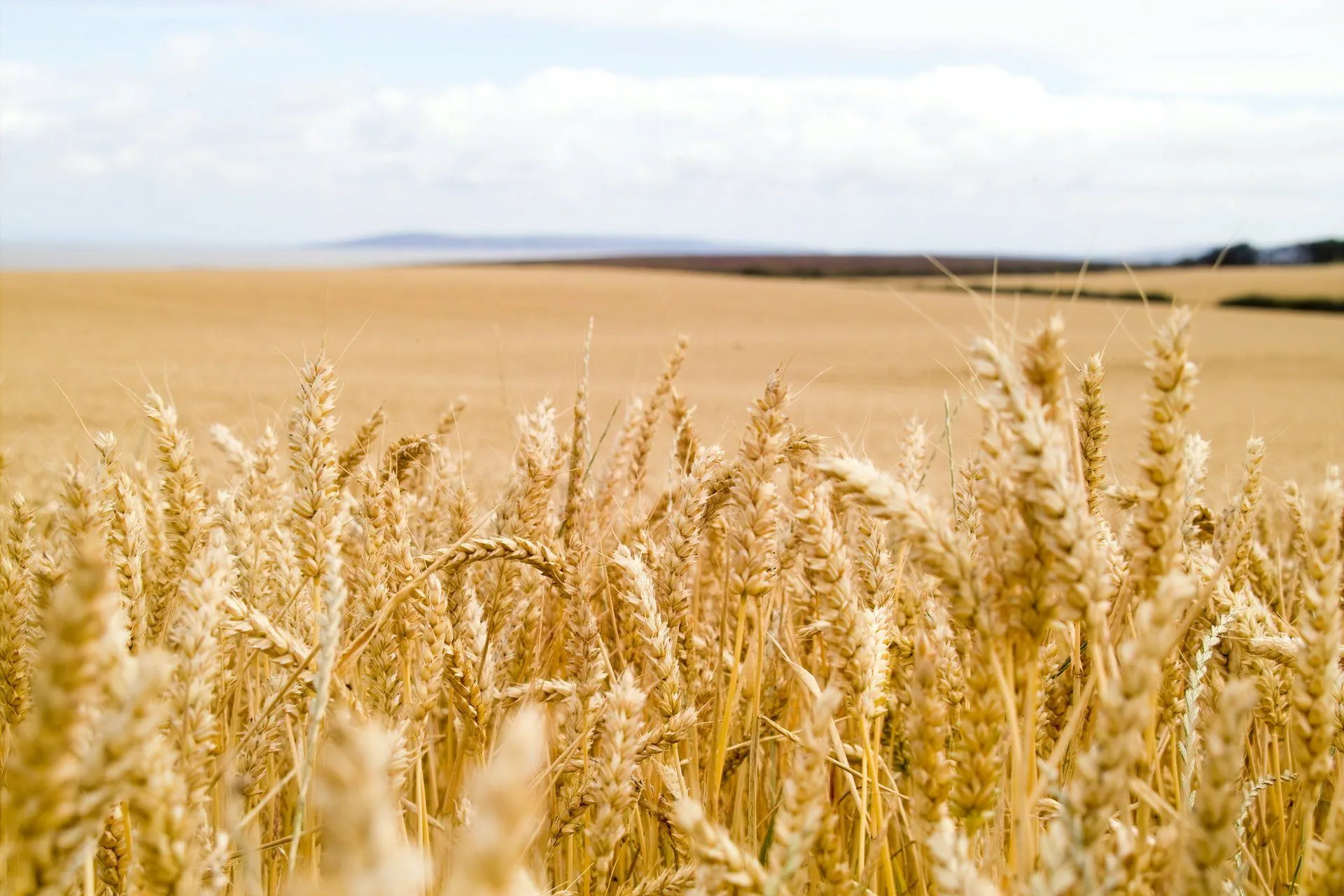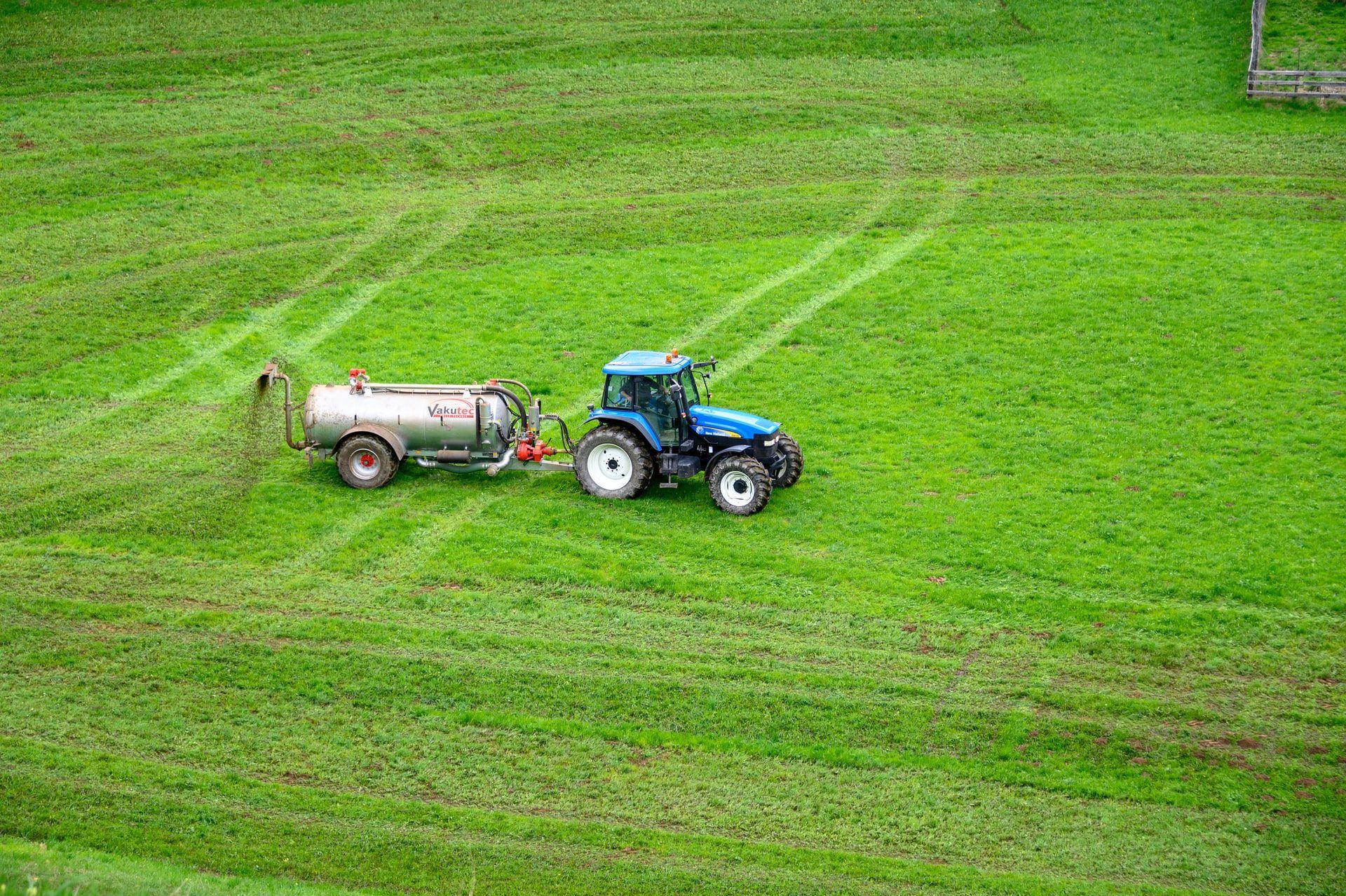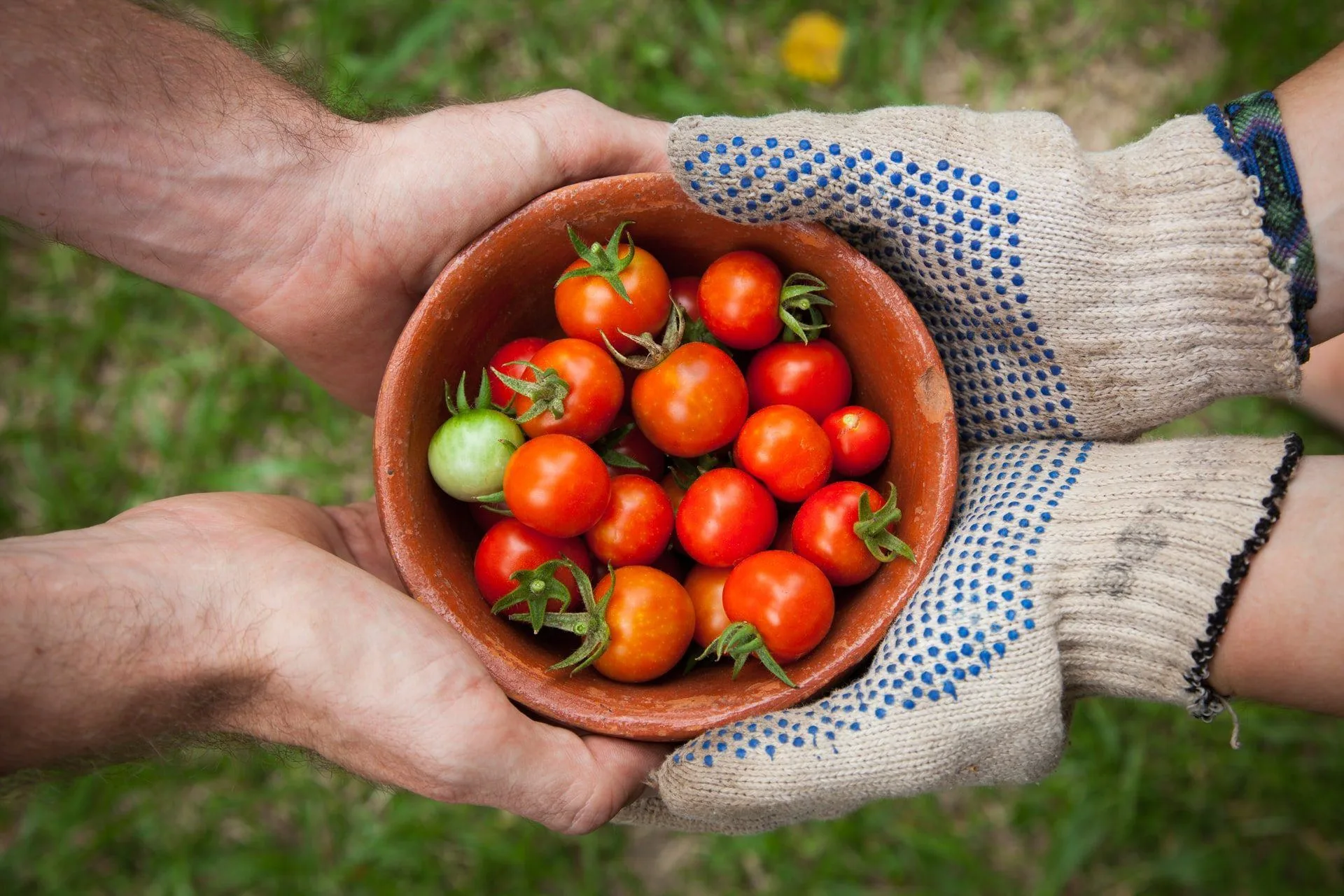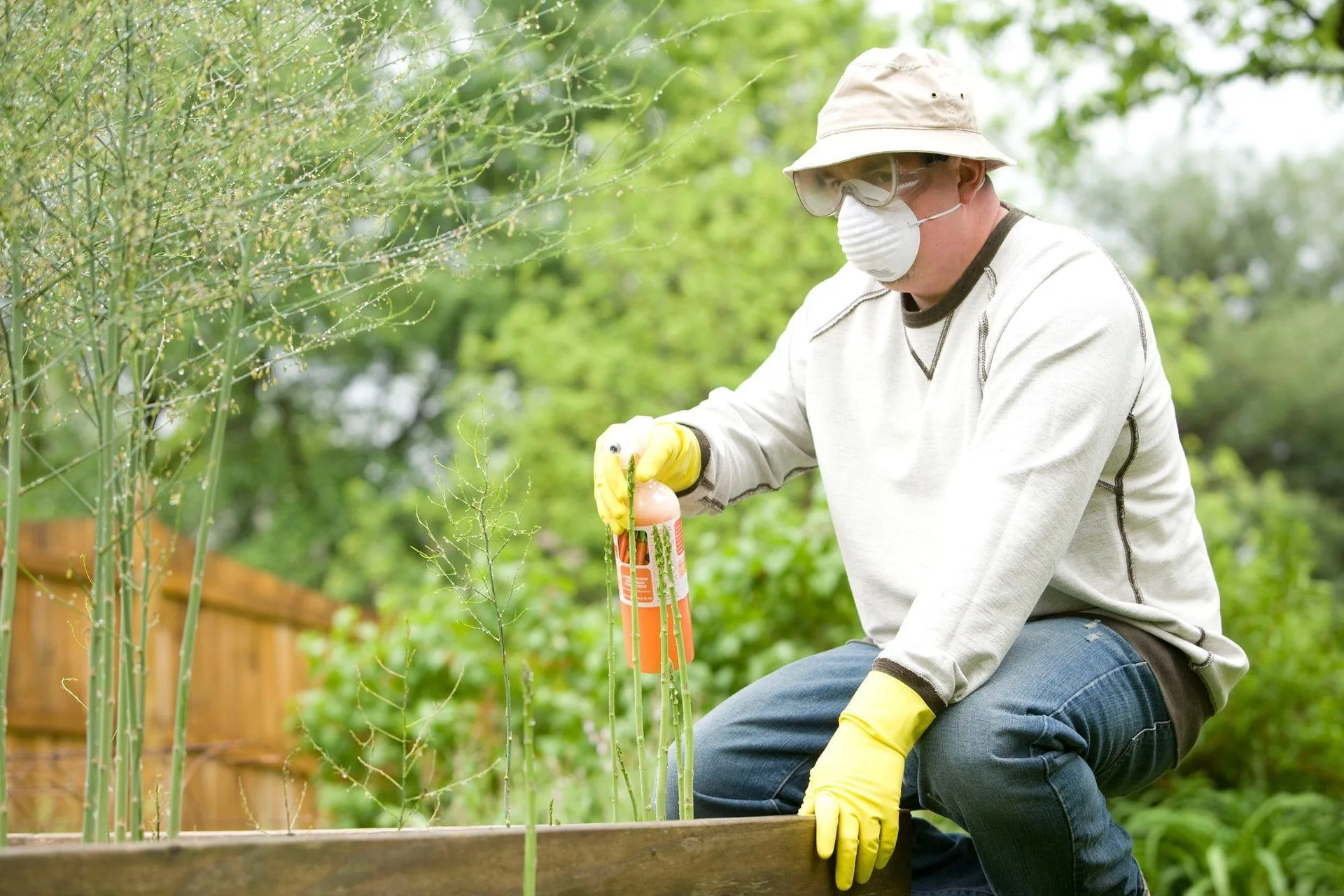A recent statement from German chemical company Bayer A.G. shared that the company will cease lawn and garden sales of glyphosate-based herbicides by 2023, particularly its popular weedkiller Roundup.
“This is a positive but long-overdue development that will end the exposures most responsible for cancer cases brought against Bayer/Monsanto,” said Environmental Working Group President Ken Cook. “The company should also immediately revoke the end-of-season use of glyphosate on food crops, a major reason why the weedkiller contaminates so many foods. Those two steps would dramatically reduce direct human exposure to this toxic pesticide.”
The decision is part of Bayer’s strategy in addressing any future litigation risks.
“It is important for the company, our owners, and our customers that we move on and put the uncertainty and ambiguity related to the glyphosate litigation behind us,” Bayer CEO Werner Baumann said during an investor call, according to a company statement.
Glyphosate’s Cancer Legacy
Roundup is the most widely used herbicide in the world, with glyphosate as its active ingredient. Globally, the market for glyphosate is expected to grow to $14 billion by 2026. Unfortunately, it’s not the safest. For one, in 2017, the state of California listed glyphosate as a chemical known to cause cancer.
What’s more, in 2019, a third jury ruled that Roundup causes cancer, finding Bayer responsible for failing to warn consumers of its flagship product’s dangers. Bayer had already lost two earlier trials, and this past week also lost a third appeal against court verdicts that awarded damages to customers blaming their cancer on Bayer’s glyphosate-based weedkillers.
It’s in everything

Photo by Brett Jordan on Unsplash
A 2016 study revealed that “In the U.S., no pesticide has come remotely close to such intensive and widespread use.”. The study also revealed that around 240 million pounds of glyphosate were sprayed in the U.S. in 2014. As a result, glyphosate has contaminated air, water, soil as well as our food.
A round of laboratory tests commissioned by the Environmental Working Group (EWG) in 2018 found glyphosate in every sample of popular oat-based cereal and other oat-based food marketed to children. The tests detected glyphosate in all 28 samples of products made with conventionally grown oats.
This is the second series of tests looking at the presence of glyphosate in foods. The first series of tests, also commissioned by EWG, found glyphosate in all but two of 45 samples of foods made with conventionally grown oats, and about one-third of the 16 products made with organic oats.
Health effects of glyphosate
Aside from increasing your risk of cancer, there are a few other adverse health effects that Roundup’s active ingredient can cause.
For one, a recent study published in Environmental Research found that women who were exposed to glyphosate were more likely to experience shorter pregnancies, which in turn can place the baby’s health at risk.
Additionally, a 2019 study published in the British Medical Journal found that prenatal exposure to glyphosate can increase the child’s risk of developing autism.
The future of weed killers
The vast majority of the litigation against Bayers comes from domestic lawn and garden product users. As such, the company has no plans to change the glyphosate formulations in its U.S. professional and agricultural market products.

Photo by Etienne Girardet on Unsplash
In regards to the lawn and garden products, the German company said the following:
“The company and its partners will replace its glyphosate-based products in the U.S. residential Lawn & Garden market with new formulations that rely on alternative active ingredients beginning in 2023, subject to a timely review by the U.S. Environmental Protection Agency (EPA) and state counterparts”
How can I avoid glyphosate?
Eat organic
This is really the best way to prevent glyphosate exposure. A French study also found that consuming an organic diet can help to significantly reduce your risk of developing cancer.
Read the labels
“Glyphosate Residue Free” is a label that food manufacturers use to label their products. You can find a full list of certified foods here.

Photo by Elaine Casap on Unsplash
Grow your own food
Just look for alternative ways to care for your garden without resorting to pesticides and herbicides. Natural ways to keep pests away included using neem leaf, salt spray and even eucalyptus oil.
References
Benbrook, C.M. (2016). Trends in glyphosate herbicide use in the United States and globally. Environ Sci Eur 28, 3. https://doi.org/10.1186/s12302-016-0070-0
Lesseur, C., Pathak, K. V., Pirrotte, P., Martinez, M. N. (2021). Urinary glyphosate concentration in pregnant women in relation to length of gestation. Environmental research, 203, 111811. Advance online publication. https://doi.org/10.1016/j.envres.2021.111811
von Ehrenstein, O. S., Ling, C., Cui, X., Cockburn, M. (2019). Prenatal and infant exposure to ambient pesticides and autism spectrum disorder in children: population based case-control study. BMJ (Clinical research ed.), 364, l962. https://doi.org/10.1136/bmj.l962





![women [longevity live]](https://longevitylive.com/wp-content/uploads/2020/01/photo-of-women-walking-down-the-street-1116984-100x100.jpg)









